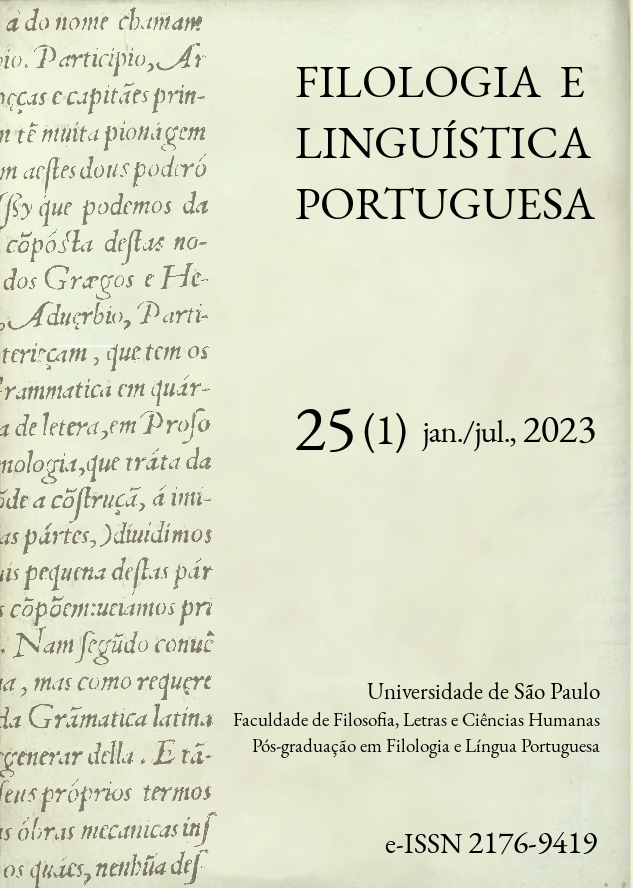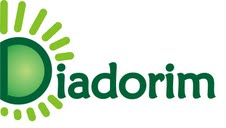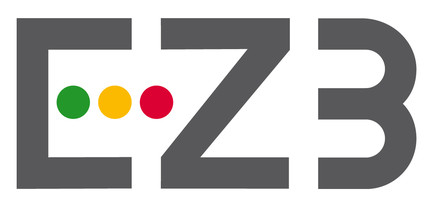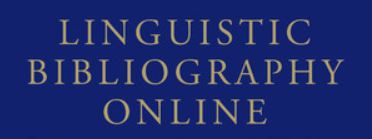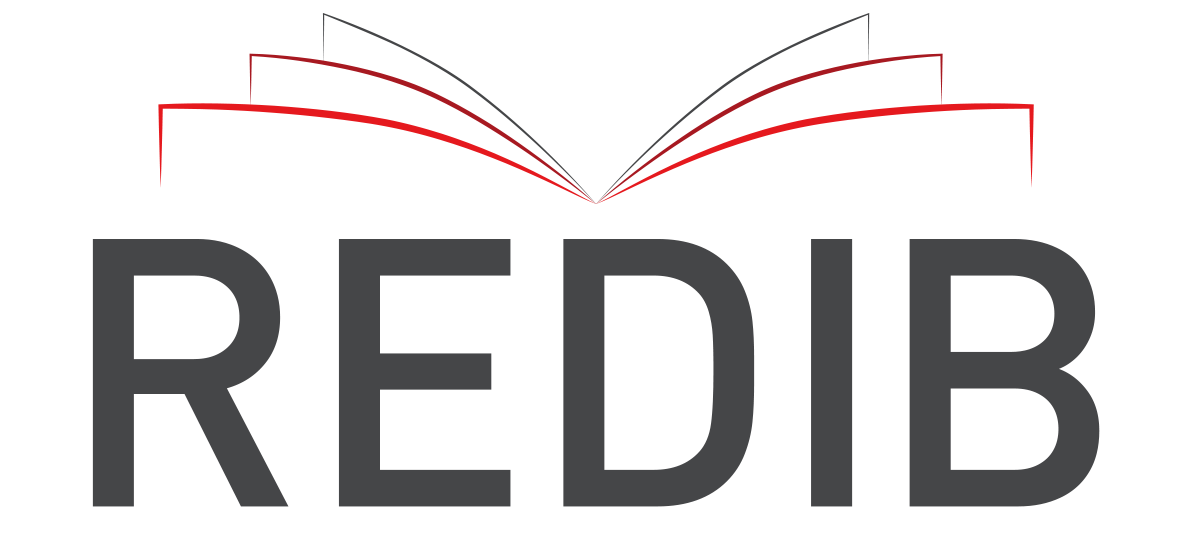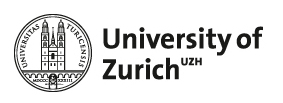Textual relations as resources for the episteme-in-action: study of the epistemic dimension of an interview with a presidential candidate
DOI:
https://doi.org/10.11606/issn.2176-9419.v25i1p69-85Keywords:
Textual relations, Epistemic dimension, Interview with presidentialAbstract
In this paper, we analyze the role of textual relations (argument, counter-argument, preparation, reformulation, etc.) in the epistemic dimension of interaction. For this, we articulate the theoretical-methodological contributions of two interactionist approaches: the studies on the epistemic dimension developed in Conversation Analysis, and the studies on textual relations and their markers developed in the scope of Pragmatics of discourse. The corpus studied was the interview given in 2022 by the then presidential candidate, Luiz Inácio Lula da Silva, to the Jornal Nacional, a news program on Rede Globo, in the context of the electoral campaign. Due to the breadth of the theme, we focused on the role of the textual relations of preparation and counter-argument present in the turns in which the interviewers ask questions. In these turns, these textual relations are procedures with which the interviewers hierarchize information, as well as the epistemic stances (K+, K-) materialized in the way this information is expressed. Because of these procedures, the structure of the question turn can impact the development of the sequence by the interviewee, who can accept or contest the proposed hierarchy, as well as the assumption, by the interviewer, of epistemic stances.
Downloads
References
Brito DM. O funcionamento das relações de discurso na dimensão dramatúrgica de entrevistas jornalísticas: uma abordagem interacionista [dissertação]. Belo Horizonte: Faculdade de Letras, Universidade Federal de Minas Gerais; 2023.
Clayman S. Footing in the achievement of neutrality: the case of news-interview discourse. In: Drew P, Heritage J, organizadores. Talk at work: interaction in institutional settings. Cambridge: Cambridge University Press; 1992. p. 163-198.
Clayman S, Heritage J. The news interview: journalists and public figures on the air. Cambridge: Cambridge University Press; 2002.
Clayman S, Heritage J. Question design as a comparative and historical window into president–press relations. In: Haakana M, Laakso M, Lindstrom J, organizadores. Talk in interaction: comparative dimenstions. Helsinki: Finnish Literature Society (SKS); 2009. p. 299-315.
Clayman S, Heritage J. Question design and press-state relations: the case of U.S. presidential news conferences. In: Porsche Y, Scholz R, Singh J, organizadores. Institutionality: studies of discursive and material (re)ordering. Basingstone: Palgrave Macmillan; 2022. p. 301-332.
Clayman S, Loeb L. Polar questions, response preference, and the tasks of political positioning in journalism. Research on Language and Social Interaction. 2018;51(2):127-144.
Clayman S, et al. The President’s questioners: consequential attributes of the White House Press Corps. The International Journal of Press/Politics. 2012;17(1):100-121.
Cunha GX. A construção da narrativa em reportagens [tese]. Belo Horizonte: Faculdade de Letras, Universidade Federal de Minas Gerais; 2013.
Cunha GX. Elementos para uma abordagem interacionista das relações de discurso. Revista Linguística. 2020;36:107-129.
Cunha GX. Relações de discurso e completude monológica: o impacto da restrição ritual sobre o estabelecimento das relações interativas. Forma y Función. 2021;34:1-24.
Cunha GX. A reformulação em uma perspectiva interacionista para o estudo das relações de discurso. Cadernos de Estudos Linguisticos. 2022;64:1-18.
Cunha GX. A pergunta no gênero entrevista com presidenciável: articulando gramática, texto e contexto. Entrepalavras. 2023;13(1):1-26.
Cunha GX, Oliveira ALAM. Teorias de im/polidez linguística: revisitando o estado da arte para uma contribuição teórica sobre o tema. Estudos da língua(gem). 2020;18:135-162.
Drew P. Epistemics in social interaction. Discourse studies. 2018;20(1):163-187.
Ducrot O. O dizer e o dito. Campinas: Pontes; 1987.
Ducrot O, et al. Les mots du discours. Paris: Minuit; 1980.
Filliettaz L. Interactions verbales et recherche em éducation: príncipes, méthodes et outils d’analyse. Genebra: Université de Genève, Section des sciences de l’éducation; 2018.
Filliettaz L. Le travail de structuration des activités éducatives. In: Filliettaz L, Zogmal M, organizadores. Mobiliser et développer des compétences interactionnelles en situation de travail éducatif. Toulouse: Octarès Éditions; 2020. p. 63-80.
Fox BA. Evidentiality: authority, responsability and entitlement in English conversation. Journal of Linguistic Anthropology. 2001;11(2):167-192.
Fox BA, et al. Conversation Analysis and Linguistics. In: Sidnell J, Stivers T, organizadores. The handbook of conversation analysis. Oxford: Blackwell Publishing; 2013. p. 726-740.
Goffman E. Footing. In: Goffman E. Forms of talk. Philadelphia: University of Pennsylvania Press; 1981. p. 124-159.
Goffman E. Os quadros da experiência social. Petrópolis: Vozes; 2012[1974].
Grobet A. L’identification des topiques dans les dialogues [tese]. Genebra: Faculdade de Letras, Universidade de Genebra; 2000.
Heritage J. Garfinkel and Ethnomethodology. Cambridge: Polity Press; 1984.
Heritage J. Analyzing news interviews: aspects of the production of talk for an overhearting audience. In: Van Dijk TA, organizador. Handbook of discourse analysis. V. 3. Londres: Academic Press London; 1985. p. 95-117.
Heritage J. The limits of questioning: negative interrogatives and hostile question content. Journal of pragmatics. 2002;34:1427-1446.
Heritage J. Epistemics in action: action formation and territories ok knowledge. Research on language and social interaction. 2012a;45(1):1-29.
Heritage J. The epistemics engine: sequence organization and territories of knowledge. Research on langage and social interaction. 2012b;45(1):30-52.
Heritage J. Action formation and its epistemic (and other) backgrounds. Discourse studies. 2013;15(5):551-578.
Heritage J. The ubiquity of epistemics: a rebuttal to the ‘epistemics of epistemics’ group. Discourse studies. 2018;20(1):14-56.
Heritage J, Greatbatch D. On the institutional character of institutional talk: the case of news interviews. In: Baden D, Zimmerman DH, organizadores. Talk and social structure. Berkeley: University of California Press; 1989. p. 93-137.
Heritage J, Raymond G. The terms of agreement: indexing epistemic authority and subordination in talk-in-interaction. Social Psychology Quarterly. 2005;68(1):15-38.
Jubran CCAS, Koch IGV, editoras. Gramática do português culto falado no Brasil: construção do texto falado. Campinas: Editora Unicamp; 2006.
Kamio A. Territory of information. Amsterdam: John Benjamins; 1997.
Labov W, Fanshel D. Therapeutic discourse. New York: Academic Press; 1977.
Levinson SC. Pragmatics. Cambridge: Cambridge University Press; 1983.
Marcuschi LA. Análise da conversação. São Paulo: Ática; 1997.
Miguel LF, Coutinho AA. A crise e suas fronteiras: oito meses de “mensalão” nos editoriais dos jornais. Opinião Pública. 2007;13(1):97-123.
Moeschler J. Analyse du discours et analyse conversationnelle. In: Moeschler J, Reboul A, organizadores. Dictionnaire encyclopédique de pragmatique. Paris: Éditions du Seuil; 1994. p. 471-492.
Neves MHM. Texto e gramática. São Paulo: Contexto; 2006.
Ochs E, Schegloff EA, Thompson SA, editores. Interaction and grammar. Cambridge: Cambridge University Press; 1996.
Pomerantz AM. Telling my side: ‘Limited access’ as a ‘fishing’ device. Sociological inquiry. 1980;50:186-198.
Raymond G. Which epistemics? Whose conversation analysis? Discourse studies. 2018:20(1):57-89.
Raymond G, Heritage J. The epistemics of social relations: owning grandchildren. Language in society. 2006;35:677-705.
Roulet E. La description de l’organisation du discours. Paris: Didier; 1999.
Roulet E. De la nécessité de distinguer des relations de discours sémantiques, textuelles et praxéologiques. In: Andersen HL, Nolke H, organizadores. Macro-syntaxe et macro-sémantique. Berne: Peter Lang; 2002. p. 141-165.
Roulet E. The description of text relation markers in the Geneva model of discourse organization. In: Fischer K, organizadora. Approaches to discourse particles. Nova York: Elsevier; 2006. p. 115-131.
Roulet E, Filliettaz L, Grobet A. Un modèle et un instrument d'analyse de l'organisation du discours. Berne: Peter Lang; 2001.
Roulet E, et al. L’articulation du discours en français contemporain. Berne: Peter Lang; 1985.
Sacks H, Schegloff E, Jefferson G. A simplest systematics for the organization of turn-taking in conversation. Language. 1974;50:696-735.
Schegloff E. Sequence organization in interaction: a primer in Conversation Analysis I. Cambridge: Cambridge University Press; 2007.
Downloads
Published
Issue
Section
License
Copyright (c) 2023 Gustavo Ximenes Cunha

This work is licensed under a Creative Commons Attribution-NonCommercial 4.0 International License.
Copyright is transferred to the journal for the online publication, with free access, and for the printing in paper documents. Copyright may be preserved for authors who wish to republish their work in collections.


